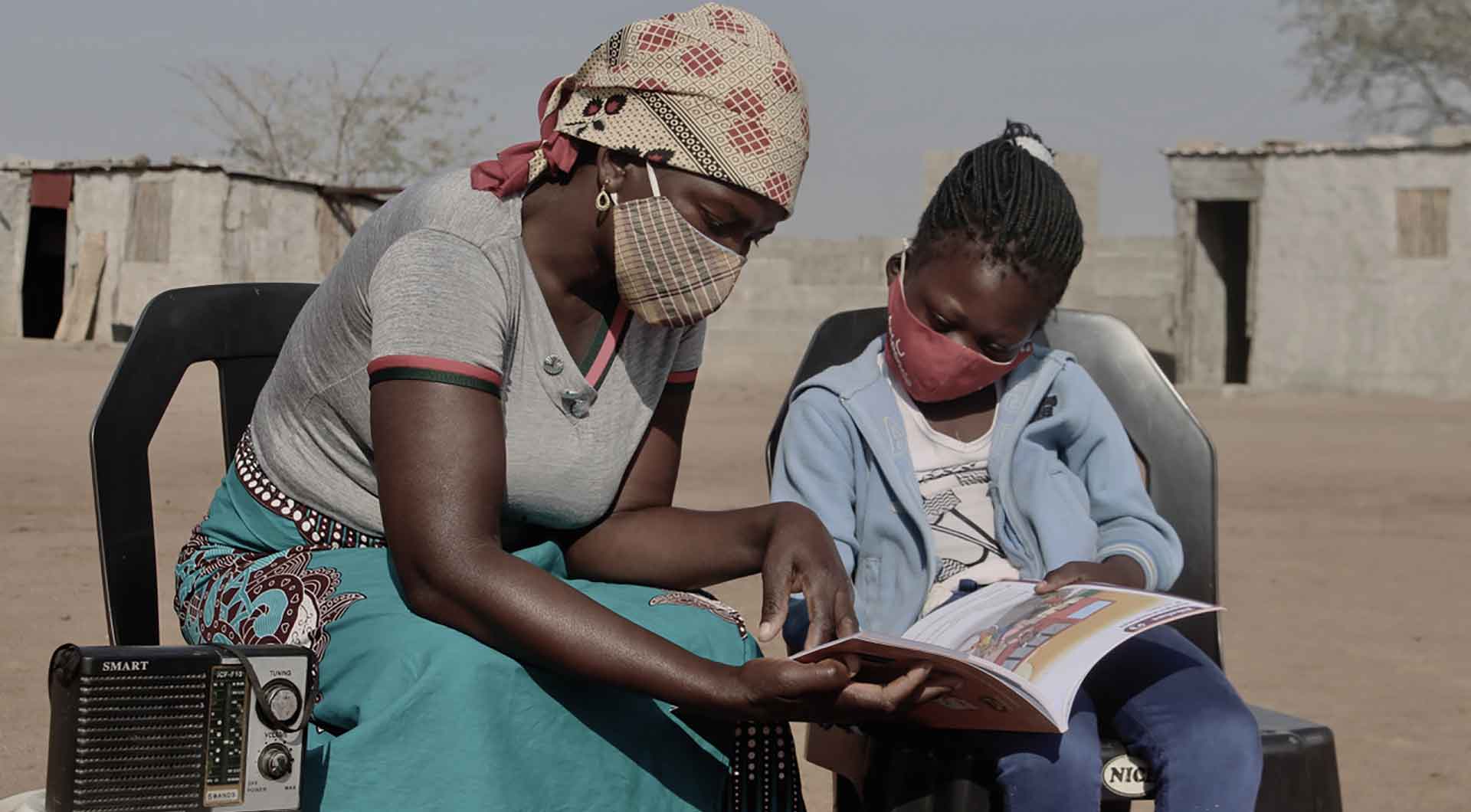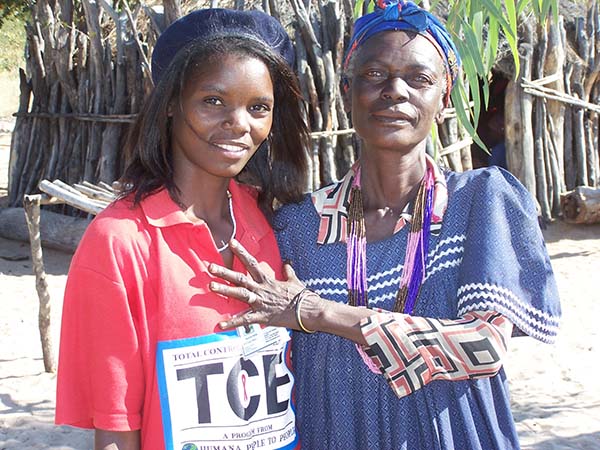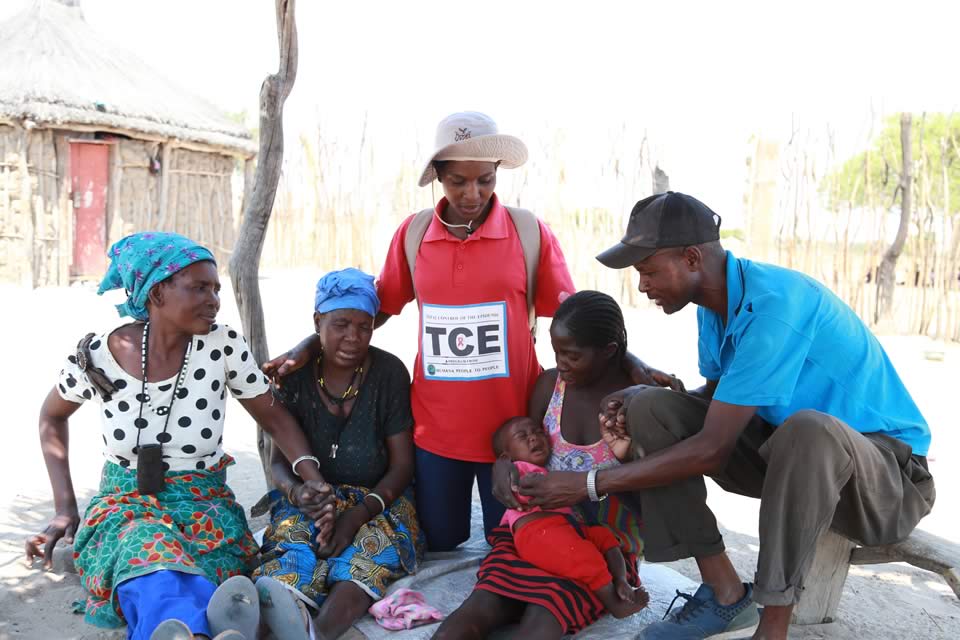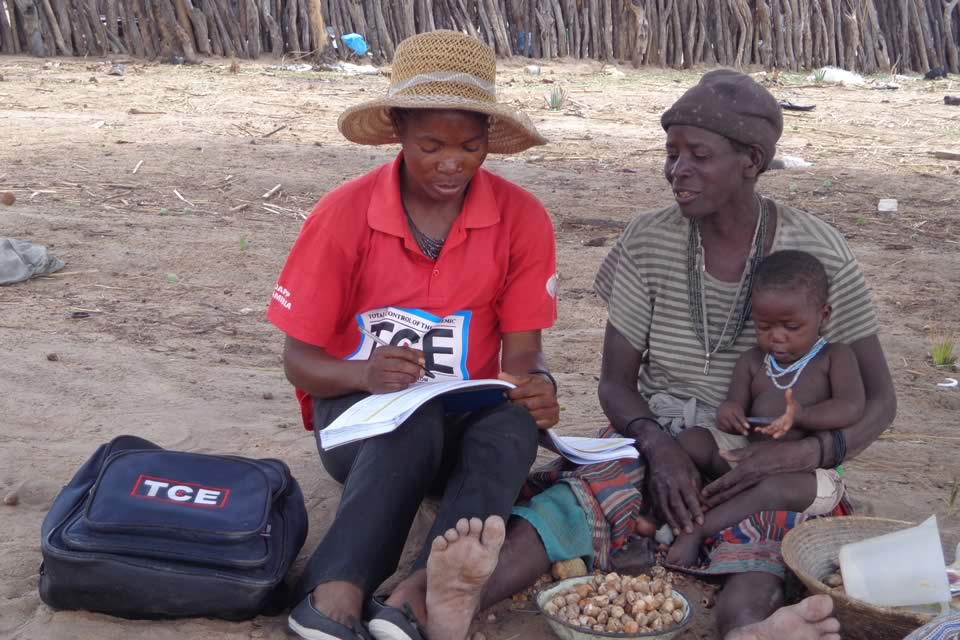
Leveraging existing infrastructure, trust and relationships to rapidly meet new demands. COVID-19 has the possibility of setting back progress made in the fight against HIV by decades. Estimates indicate that deaths from HIV could rise sharply if health systems are overwhelmed, treatment programmes disrupted, and funding diverted.

According to the World Health Organisation, approximately 25.7 million people were living with HIV in 2018, 64% of which were taking antiretroviral therapy. The risk now is that the hard-earned gains of the AIDS response are reversed.
The economic impact of COVID-19 will likely increase demands on families, exacerbating poverty and nutritional deficiencies, increasing susceptibility to disease.

A surge in HIV cases would deepen the already devastating health and economic impacts of COVID-19, especially amongst the most vulnerable communities and countries.
An effective response to HIV and AIDS in the COVID-19 era requires swift action, additional resources and enhanced collaboration between the national Ministry of Health, international stakeholders and community-based organizations. It requires leveraging existing infrastructure, trust and relationships to rapidly meet the extensive challenges presented by COVID-19.
Over 15 years of experience in epidemic control at the community-level has taught us that an effective response must put the affected people at the centre of the solution. This is true for HIV, TB and other communicable diseases and it is true for COVID-19.
Namibia is among the first countries in sub-Saharan Africa well under way to reach epidemic control, reaching the UNAIDS 95-95-95 targets. DAPP Namibia has been on the ground working with communities to fight the HIV epidemic since 1998 and we are proud to have been part of this journey.
The Total Control of the Epidemic (TCE) programme is a community-based approach to HIV. Fundamentally the TCE programme works to empower every individual in a community with the knowledge and tools to protect themselves against the disease. The TCE programme is operated by DAPP Namibia in partnership with the Ministry of Health and Social Services, and the United States Centre for Disease Control and Prevention (CDC).

In recent years the project has evolved to focus on Index Partner Testing, which has proven to be the most effective tool for identifying new cases through testing the sexual partners of someone who has already tested HIV positive, using community-level contact tracing. These methods work not only because they are targeted, but as they are implemented by staff who are embedded in communities, who have built trusted relationships with those living with HIV over time.
The goal of any HIV programme aiming for the 95-95-95 targets is to achieve viral load suppression of those living with HIV, which prevents the onward transmission of HIV, as well as improving the health outcomes and life expectancy of those who are HIV positive. To get there it is necessary to test and treat but equally important is to ensure that each person on treatment is supported to adhere to it, without fail. This is a challenge in many countries.
DAPP Namibia makes use of its strong community links to support people in adhering to treatment. One key strategy is forming a trio system of support, where a person on treatment forms a ‘trio’ with two supporters, often family members or friends.
These community ties have been central to DAPP Namibia’s COVID-19 response. For example, DAPP Namibia is working closely with the Ministry of Health to ensure that people on ARV treatment adhere to their medication. It is critical that people living with HIV are not exposed to possible infection or that they default on treatment because he or she is afraid to go to the health facility or is prevented from going due to lockdown measures. It also averts congestion at health facilities so health staff can focus on those most in need.
Lives have been transformed as a result of the COVID-19 pandemic, but the global commitment to achieve zero new HIV infections, zero discrimination and zero AIDS-related deaths must not be reneged upon. Whether related to HIV or the COVID-19 pandemic, community-centred programmes to combat epidemics will continue to form a critical component of an effective and efficient health system response.
By Kirsten Moeller-Jensen, Director of Namibian NGO, DAPP Namibia (Development Aid People to People). The organisation operates community-led HIV and AIDS programme in partnerships with the Ministry of Health and CDC.